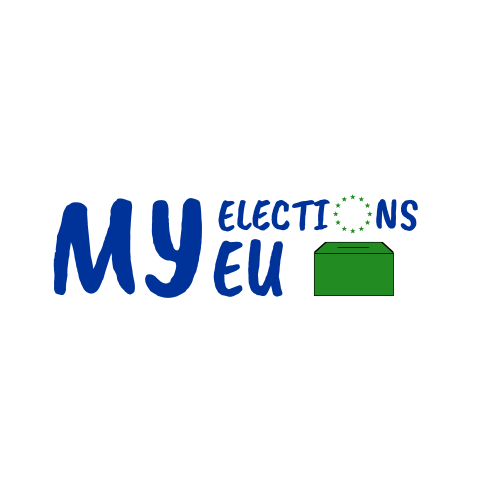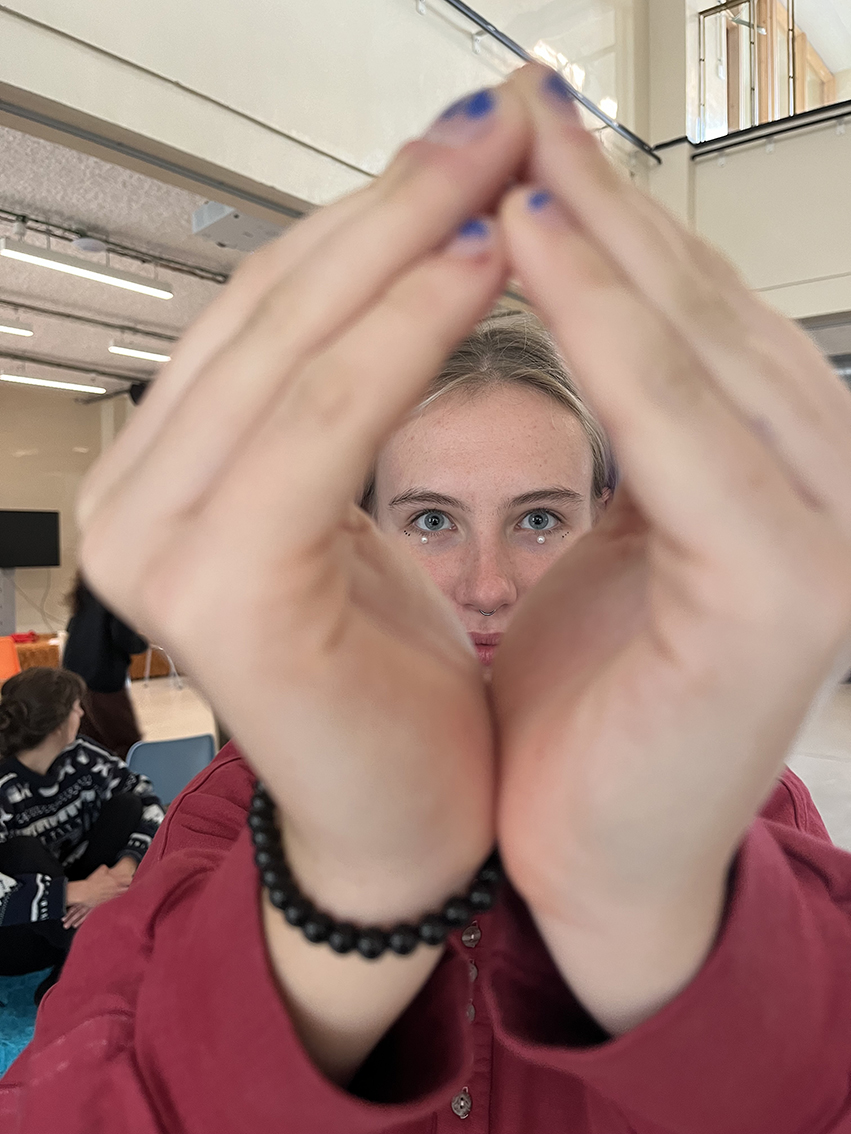Creating a Short Documentary Film with a Personal Story
Download the methods
To download the methods, click here
Target group
No. of pax
Environment
Time needed
Materials
Equipment
• Recording device (smartphone, camera with video function, or professional camera)
• Microphone for quality audio (external or built-in)
• Stabilizer or tripod (optional)
• Sufficient storage/memory cards
• Quality vs. practicality
Software
• Editing program
• Computer with sufficient performance
Other
• Notebook for planning
• Internet access for research
Objective/aim
• Learn the basics of documentary filmmaking from concept to distribution
• Process personal experiences through artistic expression
• Connect personal stories with broader social themes
• Develop critical thinking and research skills
• Gain confidence in presenting yourown work
• Create a meaningful document that can influence perceptions of important issues
• Learn basics of ethical approaches to sensitive topics
Step by step instructions
Phase 1
Planning and conception
2-4 weeks
In “My Elections – My EU!” we focused on the topic of climate change and migration. We identified themes and perspectives that interested us most about that topic and then searched for a personal connection to it. We dealt with the question of who we want to connect our story with this topic, in a visual way, storyboard etc. We then documented our experience on the travels to Lampedusa, Zicksee, Brussels and our home countries.
Phase 2
Preliminary research
1-2 weeks
Then we researched about the topic, got insights from NGO workers, experts on the theme and artists and did interviews with local people.
Phase 3
Filming
1-4 weeks
• Film long takes – they will be useful in editing
• Document the entire process, including preparations and reflections
• Capture authentic moments and emotions
• Plan B-roll footage (supplementary images)
Phase 4
In-depth research
2-3 weeks
• Continue research even after filming
• Verify facts and gain more perspectives on the topic
• For sensitive topics, consider ethical aspects of processing
Phase 5
Editing and post-production
4-6 weeks
The artist then supported participants in editing their material – in short videos, or short documentations.
• Select material and create a rough cut
• Show work-in-progress version to target audience for feedback
• Complete visual and audio post-production
• Create a final version of the film
Phase 6
Distribution
ongoing
• Identify suitable venues for screening (festivals, schools, premises of NGOs)
• Prepare a film presentation and a topic discussion
• Use social media and online platforms
Tips for the trainer
• Emphasise importance of ethical approaches, especially when working with sensitive topics
• Encourage participants to have confidence and not be afraid to experiment
• Remind that long takes are better than short ones – you will appreciate the choice in editing
• Help participants find balance between personal story and broader context
• Emphasize importance of thorough research – people will expect expertise from them
• Encourage seeking mentors or more experienced filmmakers
• Prepare participants that the process will be long and demanding, but very enriching
• Film long takes – they will be useful in editing
Alternative
• Collective version: Group of participants creates a film together, each contributing their personal story
• Online version: Film can be created solely from home, without travelling
• Shorter version: Instead of long documentary, create a series of short videos for social media
• Thematic variants: Focus on other social topics (climate change, social inequalities, technology)
• Workshop format: One-week intensive workshop with a fast process from concept to rough cut
Comment
Source
Inspired by Stela Joudal’s experience filming a documentary within the “My Elections – My EU!” project, combined with principles of documentary filmmaking and ethical storytelling


